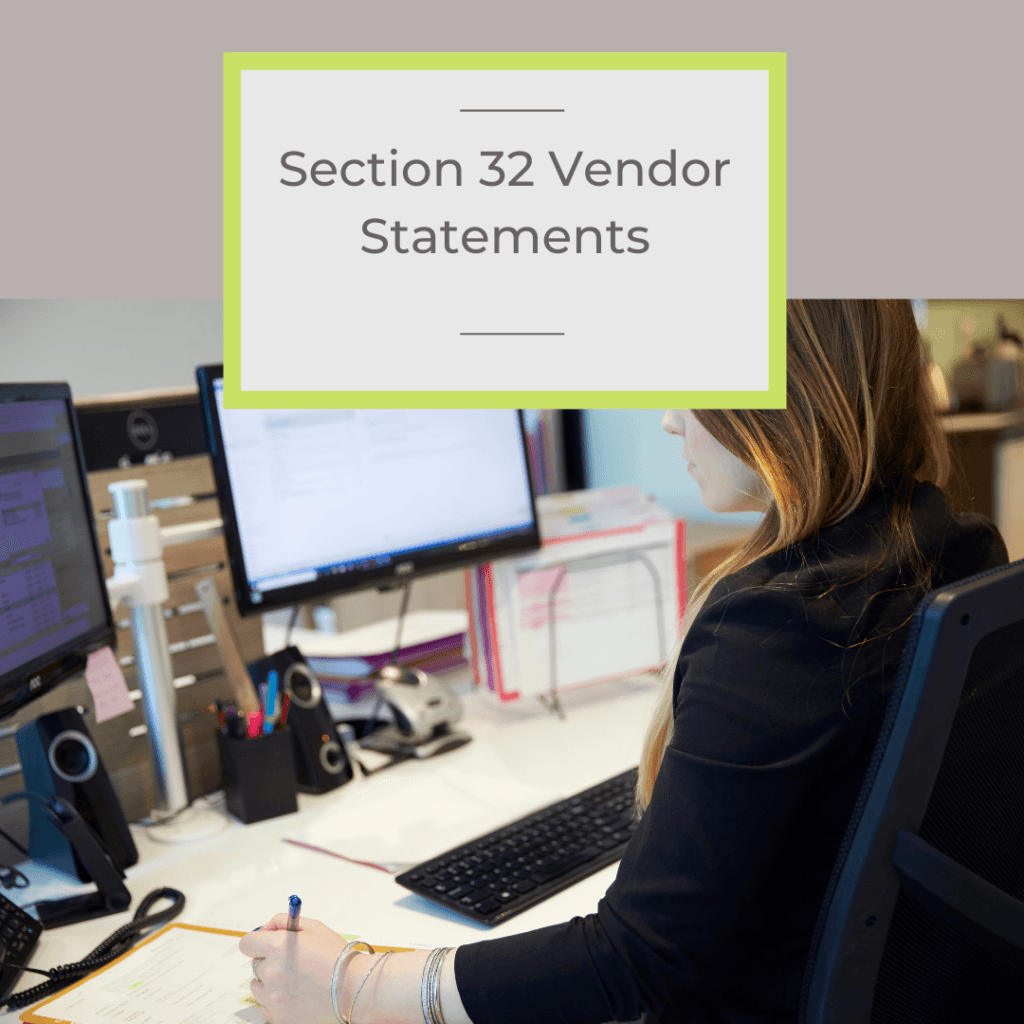Owner Builder Works & Obligations – What Does It Mean?
Selling a residential property can be exciting, but it comes with legal responsibilities – especially if you were an owner-builder which, put simply, means that you may have undertaken renovations at the property without the formal engagement of a registered builder.
In Victoria, owner-builders must meet specific obligations to ensure a smooth and lawful sale and as your conveyancers, it is our responsibility to ensure you meet your legal disclosure obligations in this regard.
So, who is an Owner-Builder?
An owner-builder is someone who takes on the responsibility of managing or performing building work on their property instead of hiring a registered builder to manage the project, however big or small. Often, this means that owners who have undertaken DIY renovations at their property are then classified as Owner Builders regardless whether you engaged professional tradespeople to complete the works. The point of significance here is whether or not a registered builder was engaged to manage the works – which is typically evidenced through a build contract or a building permit, if required.
Then next question then, is if you are deemed an owner-builder what do you need to od next for your sale?
Key Obligations for Owner-Builders Selling a Property
- Obtaining a Defects Report
If you sell your property within six and a half years of completing the building work, you must provide a defects report which simply outlines the works and identifies whether there are any incomplete or defective works as well as any second hand materials used in the works. Even if there are incomplete or defective works, it does not mean you need to rectify the issues (though, you are welcome to if this is your preference) or that it creates any detriment to the sale. It is simply disclosure for a purchase in accordance with Section 137B of the Building Act.
This report must be prepared by a qualified building inspector, and not all building inspectors have this specific qualification.
- Purchasing Domestic Building Insurance
Owner-builders are required to purchase domestic building insurance if the work exceeds $16,000 and the property is sold within six years of completion of those works – or two years for non-structural works. This insurance protects the buyer in case major defects arise or the owner-builder becomes insolvent, dies, or disappears. Though it’s important to note, the insurance is a “last resort” insurance for the buyer and the buyer must, therefore, revert to the owner-builder (i.e. the vendor) to deal with any defects before claiming under the insurance policy.
- Disclosure
Once the Defects Report and, if applicable, the insurance is obtained these documents must be disclosed in the Section 32 Vendor’s Statement. If there were any building permits for the works, these too must be included.
Importance of Compliance
Failure to meet these obligations can lead to serious consequences. Buyers may seek compensation or void the contract (even the day before settlement) if the required documentation is not provided. Non-compliance may also result in hefty fines to the Vendor, and consequences to the Conveyancer’s licence if they failed to ensure compliance by their client.
Exemptions and Additional Considerations
In some cases, minor works may be exempt from these requirements. If you are unsure about your obligations, it’s best to consult with your legal representative. It is standard practice for our office to obtain instructions from our vendor clients regarding any building works that were undertaken at the property prior to the Contract of Sale and Section 32 Statement being prepared, and we can assist in identifying whether any of those building works qualify you as an owner-builder.
Final Thoughts
Selling a property as an owner-builder in Victoria requires careful preparation and compliance with legal requirements. By understanding and fulfilling your obligations, you can avoid complications and ensure a successful sale.
Remember to stay informed and seek professional guidance if needed to navigate the process smoothly.


